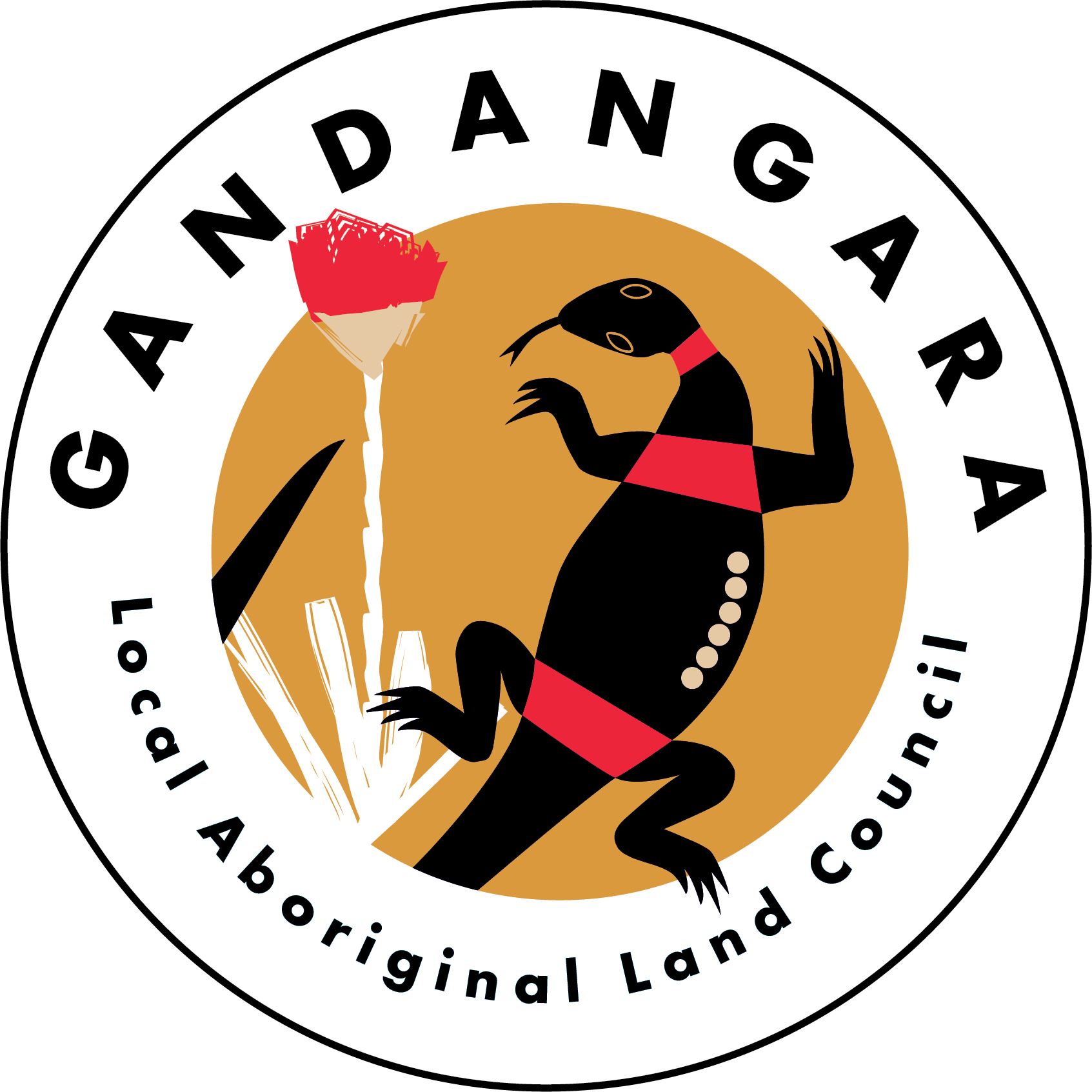Managing Lands and Archaeological Sites
Managing Lands and Archaeological Sites

Managing plants and wildlife
Through classroom training and hands-on experience, rangers learn to:
- recognise native plants, trees, shrubs, and pests
- apply chemicals under supervision to treat weeds
- plant native trees and shrubs to revegetate areas for restoration and erosion control
- identify native animals, reptiles and birds, as well as feral pests
- Use digital field mapping and trapping to assess animal populations.

Land management
More than 1,200 tonnes of illegal waste has been dumped at Heathcote Ridge, including building materials and asbestos. On Country, rangers learn how to:
- monitor and report on waste and safely remove it
- install educational signs
- repair and maintain fences, gates and trails.
They also study relevant legislation regarding land management and land claims.
Cultural burns
Rangers discover how to conduct traditional fire management practices, known as ‘‘cultural burns’. First People have used cultural burning for more than 60,000 years. It is a key part of continuing our harmony with nature.
Before they burn, our rangers learn to consider the types of animals and plants in the area. They keep the burns small, creating a mixture of burnt and unburnt country, while protecting the tree canopy. Cultural burns make land more resilient to bush fire, reducing the fire’s intensity while minimising harm.
Geographical and cultural site mapping
Under the guidance of ANSTO (Australia Nuclear Science and Technology Organisation), the rangers visit a lab to analyse core samples, shell residue and understand dating techniques. On site, other skills include GPS mapping, archaeological excavation and how to re-bury artefacts.

Monitoring archaeological site
Our rangers regularly monitor sites of historical and cultural significance to First Nations people at Heathcote Ridge. In our Traditional and Ecological Knowledge report, we identified 171 culturally significant sites along the ridge line and the creek. These sites include artworks, engravings, grinding grooves, stone artefacts and evidence of shelters.
The Office of Environment and Heritage issues a specific site card for each site. This includes a detailed description of the site, directions to the location, descriptions of the environment and the artefacts, as well as drawings, carvings and tools found there. Our rangers visit sites regularly to carefully record the sites’ ongoing condition. They also photograph, categorise, test and catalogue all artefacts found.
Proper site management ensures that it is protected and maintains its original appearance. If the rangers find any damage on the site, such as bushfires or vandalism, they report it to the Gandangara Local Aboriginal Council and the State Land Council.
